Are you passionate about farming and agricultural history? These are the must-visit agriculture museums in Lower Saxony:
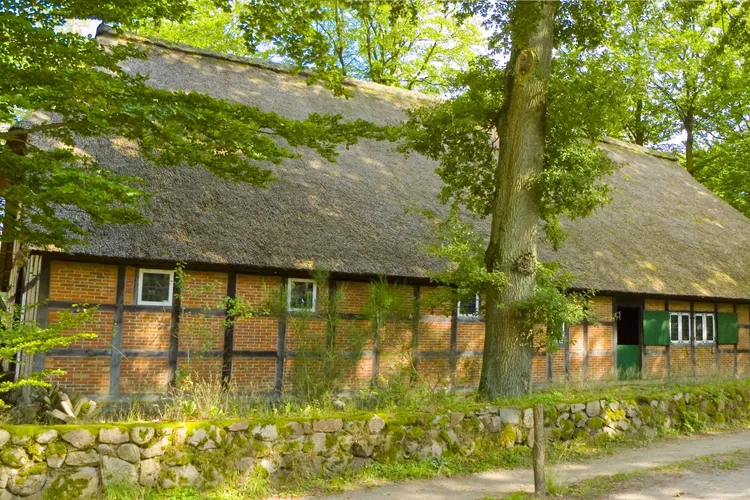
Dat ole Huus
WilsedeHeidemuseum Dat ole Huus, located in Wilsede, Lower Saxony, is a local history museum that was established in 1907. This makes it one of the oldest open-air museums in Germany, offering a unique insight into the country's past. The museum is operated by the Naturschutzpark e. V. (VNP) and its foundation, the Naturschutzpark Lüneburger Heide.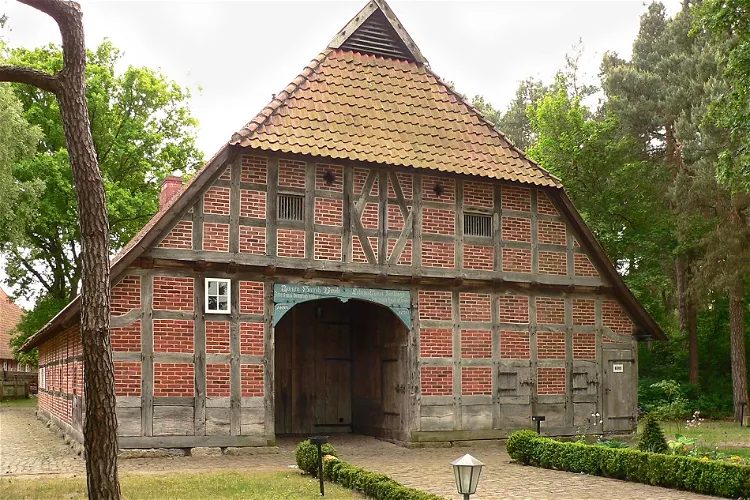
Winsen Museum Farm
Winsen (Aller)The Winsen Museum Farm, located in Winsen (Aller) in the north German state of Lower Saxony, is an open-air museum that was established in 1982. It offers a unique opportunity to explore the history and culture of the region, with a variety of buildings and exhibits that reflect the area's rural past.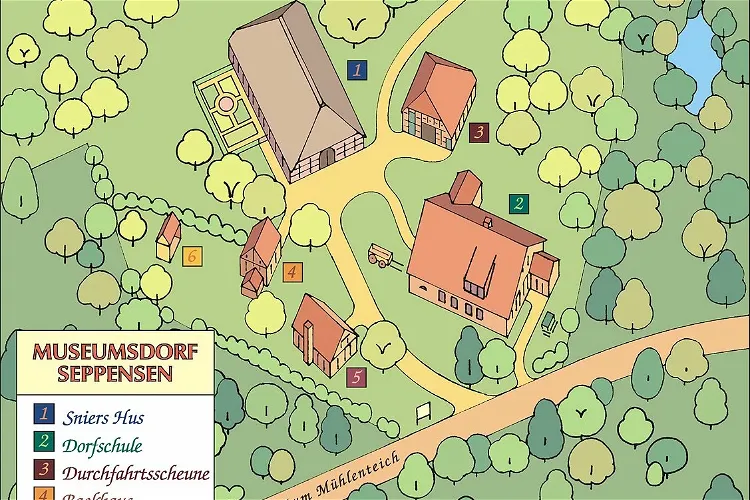
Museumsdorf Seppensen
Buchholz in der NordheideThe Museumsdorf Seppensen is an open-air museum located in Buchholz - Seppensen. The museum features a central village square surrounded by four half-timbered houses, a brick house, and a bee stand. This setup provides a unique insight into the historical architecture and lifestyle of the region.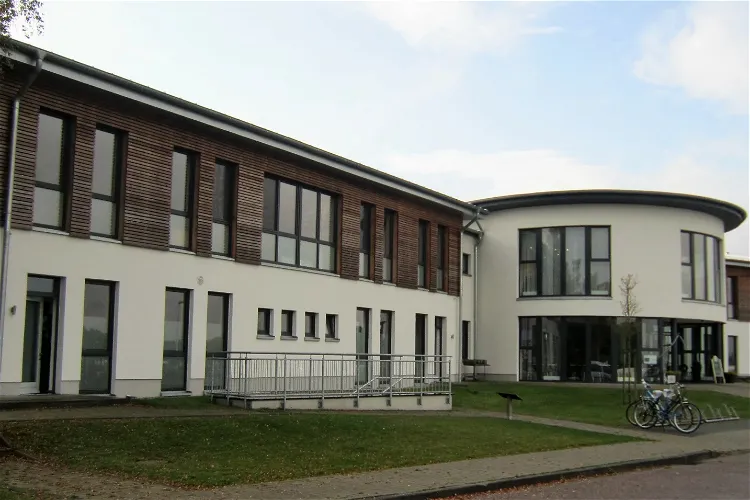
MOORWELTEN
StröhenThe European Specialist Centre for Moor and Climate (EFMK) is a multifaceted entity that operates as a society, oversees various projects, and runs an exhibition and administration centre. This centre, located in Ströhen in the Diepholz Moorland in Lower Saxony, is more commonly known to the public as Moorwelten. It serves as a hub for information and activities related to moor and climate protection.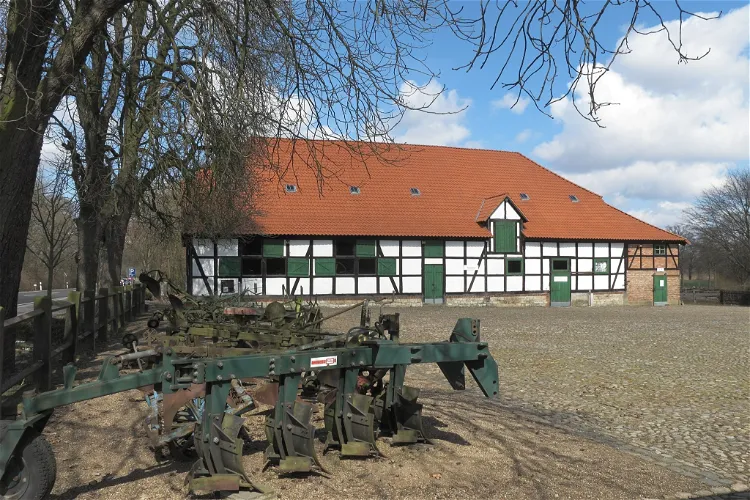
Landtechnik Museum Gut Steinhof
BrunswickGut Steinhof is a historical manor farm situated in the northern part of Brunswick, specifically in the district of Lehndorf-Watenbüttel. It is conveniently located on Federal Highway 214, making it easily accessible for tourists.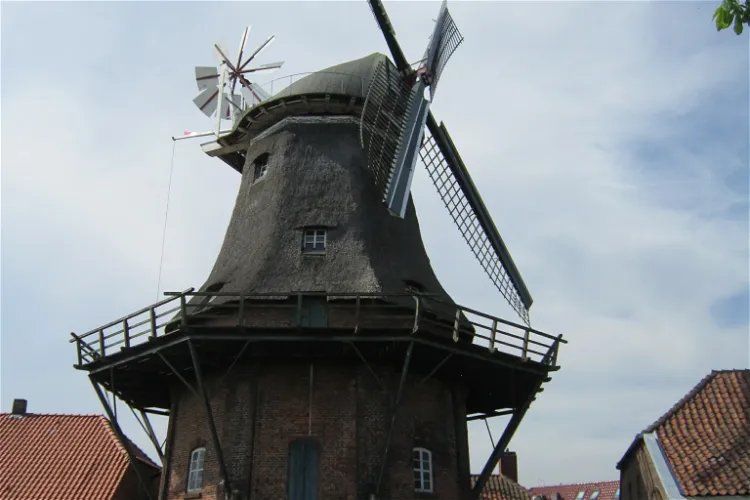
Landwirtschaftsmuseum
JeverThe Schlachtmühle is a significant historical landmark in the Frisian county town of Jever. Constructed in 1847, this gallery Dutch windmill is part of the Frisian Mill Road, a route that connects various windmills in the region. Its central location in Jever, near the old port of the city, makes it easily accessible for tourists.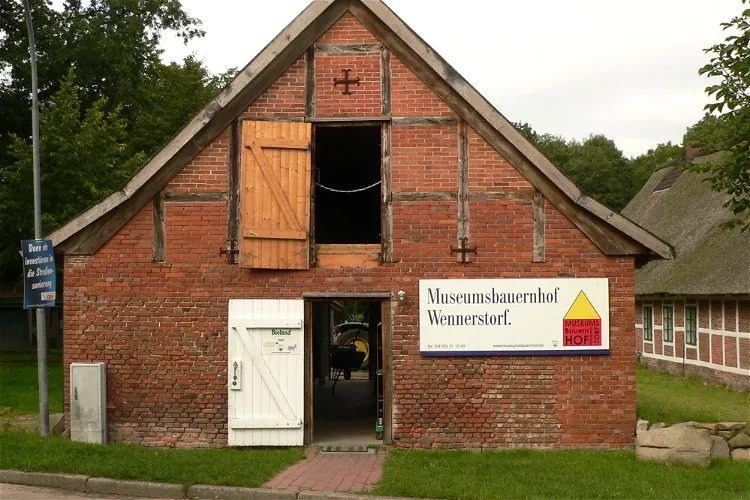
Museumsbauernhof Wennerstorf
WenzendorfThe Museumsbauernhof Wennerstorf is one of the oldest farm complexes in the district, with parts of the main house dating back to the mid-16th century. This historical significance adds to the museum's appeal, offering visitors a glimpse into the past.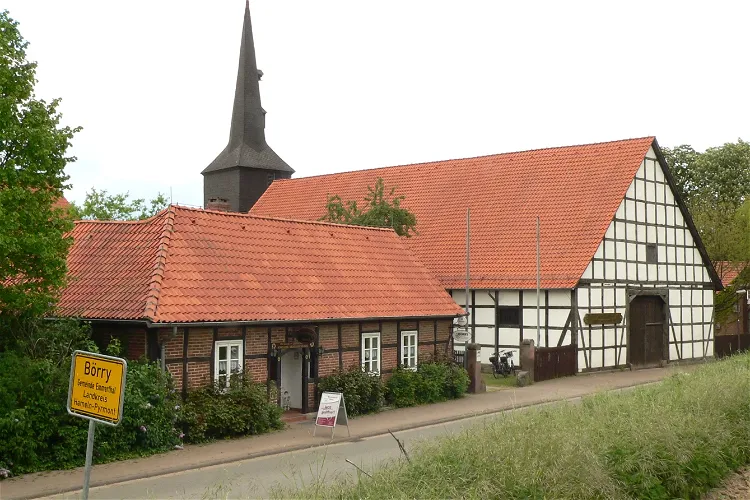
Museum für Landtechnik und Landarbeit
BörryThe Museum für Landtechnik und Landarbeit, located in Börry in the municipality of Emmerthal in Lower Saxony, is an open-air museum that offers a unique glimpse into the past. It showcases historical agricultural machinery and former farming tools from the Hameln-Pyrmont district. This museum provides a fascinating insight into the evolution of farming and agricultural practices over the years.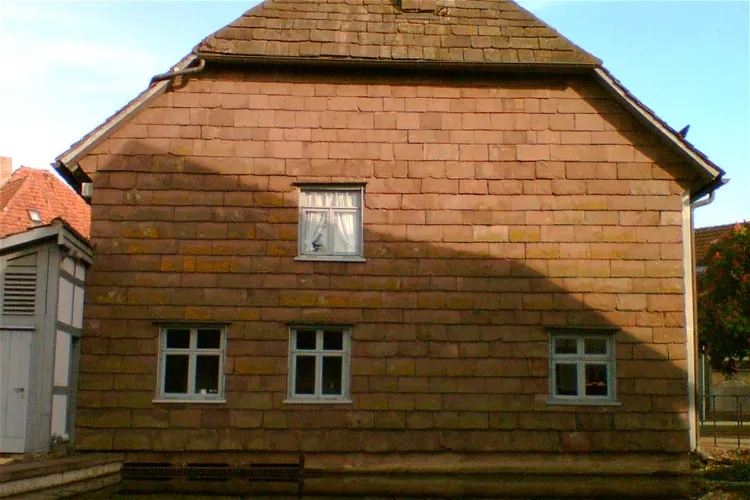
Blankschmiede Neimke
DasselThe Blankschmiede Neimke in Dassel is a unique museum that combines technology and agriculture. It houses a water-powered hammer forge, providing visitors with a glimpse into the past. This museum is a cultural monument and offers an interesting insight into the historical techniques of forging.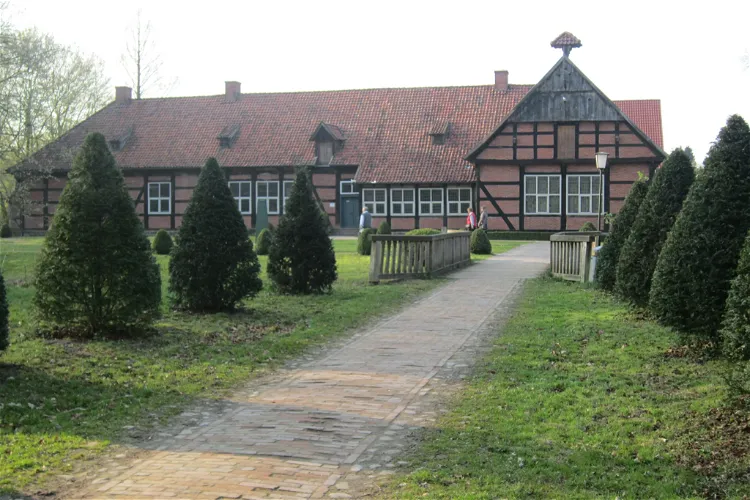
Museumsdorf Cloppenburg
CloppenburgMuseumsdorf Cloppenburg is an open-air museum situated in the German city of Cloppenburg. It is approximately 100 km northeast of the Dutch border in Twente, making it easily accessible for tourists from the Netherlands. The museum spans an impressive 20 hectares, providing ample space for exploration and discovery.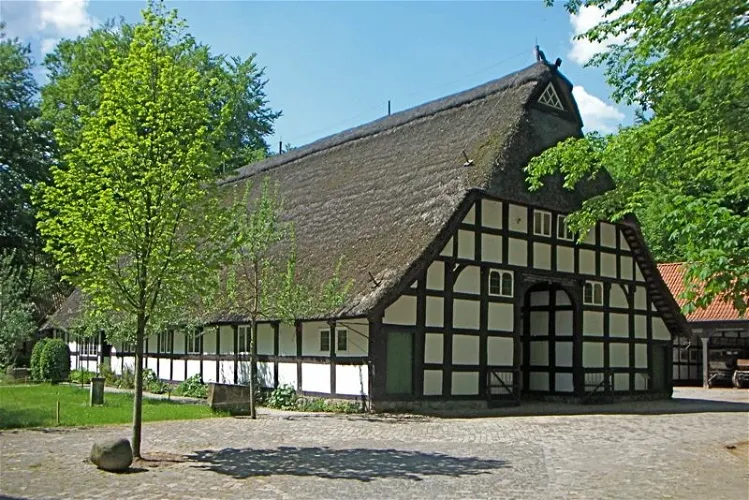
Kreismuseum Syke
SykeThe Kreismuseum Syke is a regional and open-air museum situated in the town of Syke. It is under the sponsorship of the Diepholz district. This museum is a significant cultural institution in the region, offering a wide range of exhibits and activities that provide insights into the local history and culture.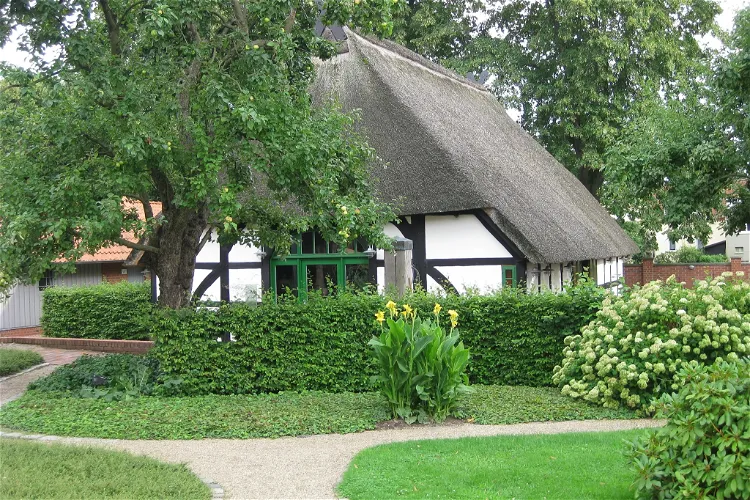
Niedersächsisches Spargelmuseum
Nienburg/WeserThe Niedersächsische Spargelmuseum provides comprehensive information about the entire process of asparagus production, from cultivation and harvest to processing, distribution, and marketing. This offers visitors a unique opportunity to gain a deep understanding of the asparagus industry and its significance in the region.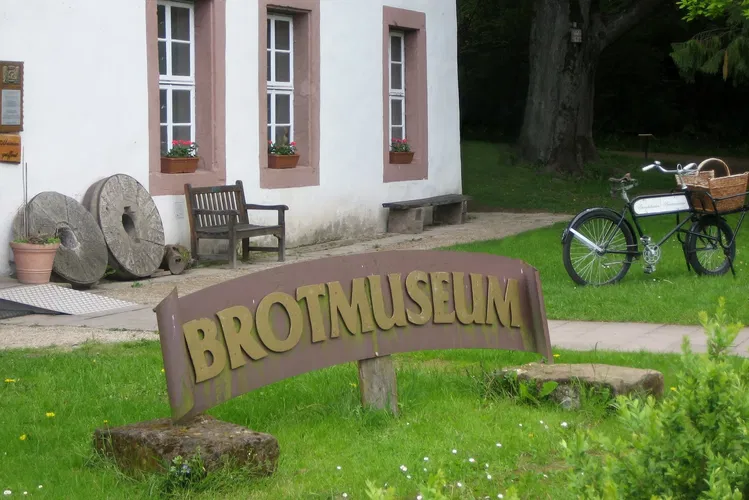
European Bread Museum
EbergötzenThe European Bread Museum in Ebergötzen is a unique institution that showcases a cultural-historical collection centered around the theme 'From Grain to Bread'. This museum provides an in-depth look into the history and significance of bread in various cultures, making it an interesting destination for those interested in food history and culture.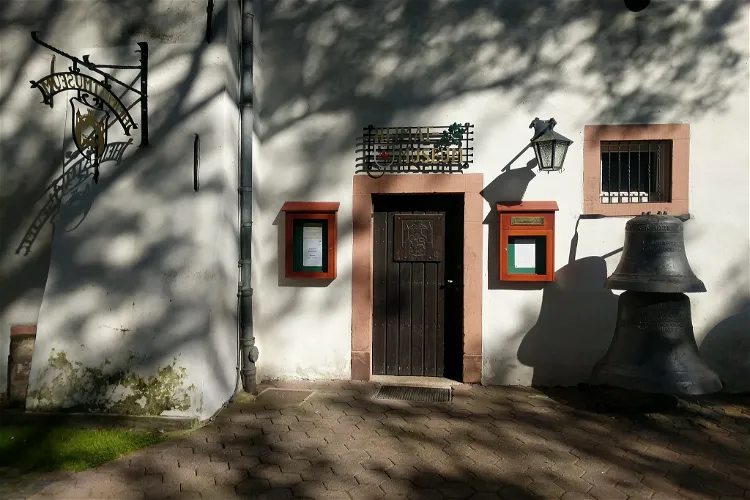
Heimatmuseum Moringen
MoringenThe Heimatmuseum Moringen is a local history museum situated in the town of Moringen, within the district of Northeim in Lower Saxony, Germany. This museum is a great place to learn about the local history and culture of the region.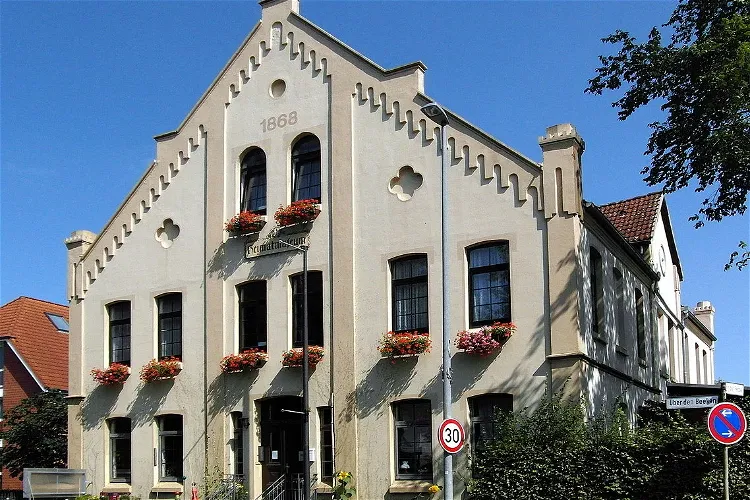
Heimatmuseum Rodenberg
RodenbergThe Heimatmuseum Ronnenberg is a local history museum situated in the city of Ronnenberg, in the Hanover region of Lower Saxony. This museum offers a deep dive into the history and culture of the region, making it an interesting destination for those who wish to understand the local heritage.- 16
Landarbeitermuseum Suurhusen
SuurhusenThe Landarbeitermuseum Suurhusen is located in a building that was constructed around the year 1679. This historical building is situated in the town of Suurhusen, which is part of the East Frisian municipality of Hinte. The museum provides a unique opportunity to explore the rich history of the region and the lives of its people. - 17
Krone Museum
SpelleThe Krone Museum, located in Spelle in the Emsland district of Lower Saxony, is a unique destination that showcases a wide range of agricultural machinery. It also provides an in-depth look into the history of the Bernard Krone machine factory, which was established in 1906 and has since grown into a global operation. This museum offers a fascinating insight into the evolution of agricultural machinery and the growth of a successful company.